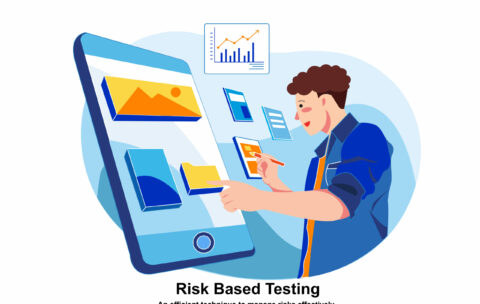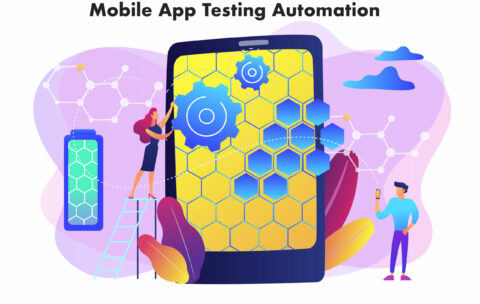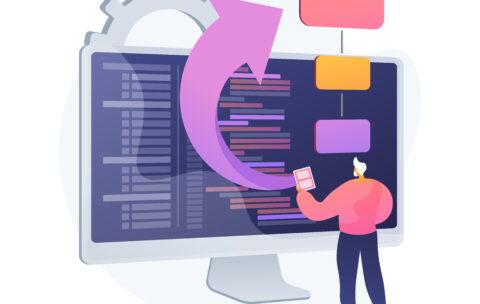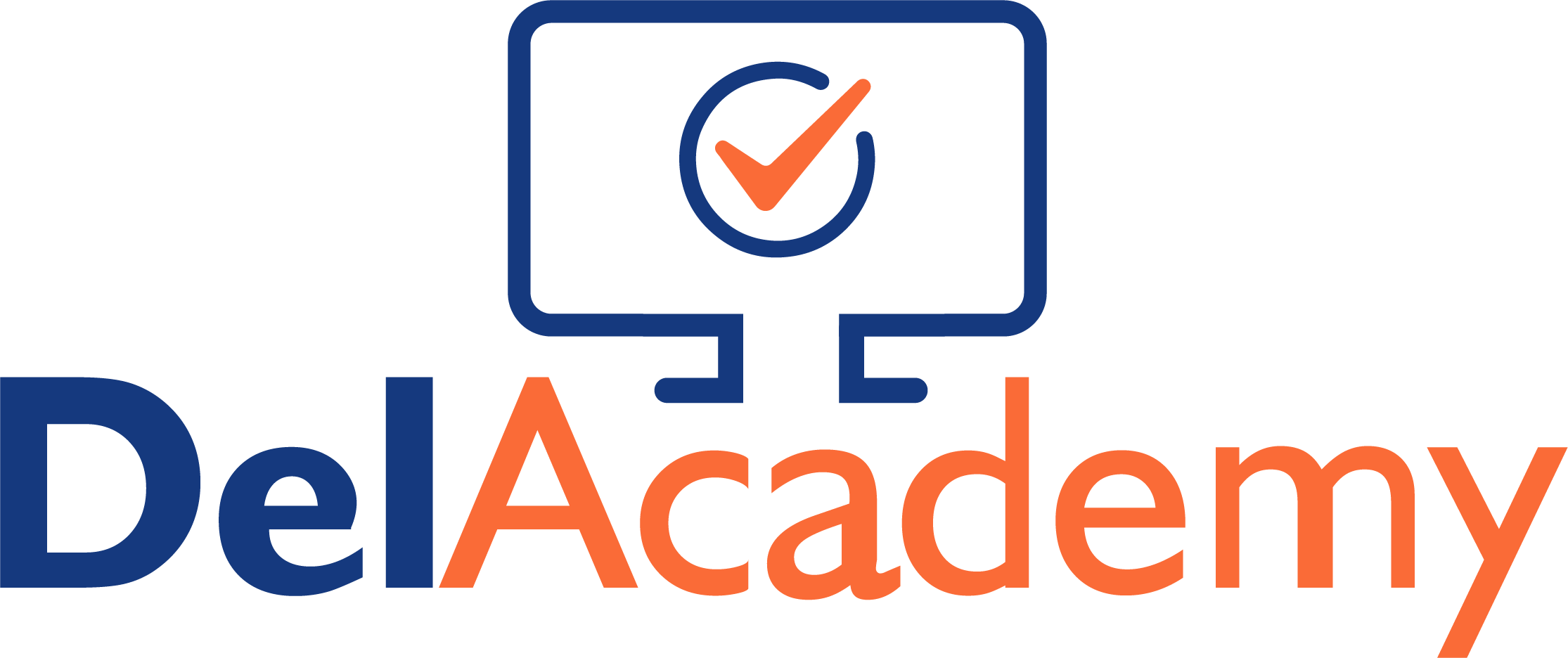All Levels
Risk-based Testing
This course teaches you about the approach of risk-based testing …
£39.00
Risk-based Testing
What you'll learn
To understand the key concepts of risk-based testing and its importance in software development.
To be able to identify, assess, and prioritize risks in software development projects.
To use risk analysis techniques to determine the potential impact of defects and inform testing decisions.
To develop and implement a risk-based testing strategy that considers the identified risks.
To plan and execute risk-based tests effectively, ensuring the most critical aspects of the software are thoroughly tested.
To report and track risk-based testing results and make data-driven decisions about risk mitigation and future testing efforts.
All Levels
Mobile App Testing Automation
The Automation Testing course offers an introduction to the fundamentals …
£39.00
Mobile App Testing Automation
What you'll learn
Using Appium, you can automate any native, hybrid, or mobile web app for Android or iOS, and you can lead the mobile automation project from the design process.
Create and implement test automation frameworks that are suitable for production using Appium + TestNG and Appium + Cucumber
Create a complete CI/CD pipeline from scratch using Appium and the cloud provided by BrowserStack.
Acquire knowledge of Maven, TestNG, Cucumber, Jenkins, JUnit, Git, Extent Reports, and Apache Log4J2.
Install the Appium environment on a MAC for an emulator or simulator and a real Android or iOS device.
Create and release an iOS application for testing with actual devices and a simulator
Install Appium for iOS using a free or premium developer account.
Acquire knowledge about and use Java programming techniques.
Run testing on actual Android and iOS smartphones simultaneously.
learn the best techniques for automation
Appium recommended practises to know
Integration Testing
What you'll learn
Acquire a thorough understanding of the integration process and its procedures.
Master the ability to design, implement, and evaluate integration solutions for different types of software applications.
Gain practical experience using integration tools and methods, including automation.
Develop skills in identifying and fixing defects in integration solutions.
Learn best practices for integrating various types of software applications, such as web applications, mobile applications, and desktop applications.
Improve knowledge of integration testing, as well as debugging and troubleshooting techniques.
Enhance the efficiency of the integration process and ensure software quality.
All Levels
Salesforce Testing
The Salesforce Testing course is designed to help Salesforce professionals …
£39.00
Salesforce Testing
What you'll learn
Acquire a knowledge of the importance of testing in the Salesforce platform and the advantages of using Test Driven Development.
Learn how to create automated tests for custom objects, fields, Apex classes, and Visualforce pages, and verify the behavior of these components.
Obtain the ability to use the Salesforce testing framework to write, run, and debug tests, and verify code coverage.
Gain an understanding of the best practices for testing integrations with other systems, such as REST and SOAP APIs and integrations with other Salesforce organizations.
Learn to implement Continuous Integration and Deployment in Salesforce using tools like CircleCI, Jenkins, and Salesforce DX to automate the build, test, and deployment process.
Get hands-on experience with Salesforce testing tools and practices and apply this knowledge to test real-world Salesforce solutions.
Develop the skill to troubleshoot and fix failing tests, and implement effective testing strategies to ensure the reliability, performance, and user satisfaction of Salesforce solutions






